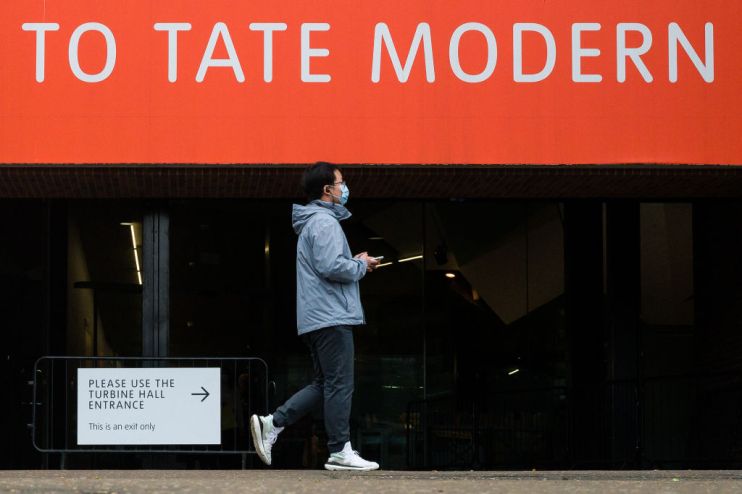Tate Modern privacy ruling could see City restaurants and museums hit with more nuisance claims, lawyers warn

City restaurants, museums and art galleries could be hit with more nuisance claims, lawyers have warned, after the Supreme Court ruled today that the Tate Museum’s viewing terrace intruded on the privacy of residents in a glass building right next to the gallery.
Five residents of the Neo Bankside development on the South Bank took legal action against the gallery’s board of trustees in a bid to stop “hundreds of thousands of visitors” looking into their homes from the Tate’s viewing platform.
The residents lost their case in the High Court and Court of Appeal, but the Supreme Court ruled today by a three-to-two majority in the residents’ favour.
James Souter, a partner at Charles Russell Speechlys, said the judgement represented “a landmark moment extending the law of nuisance to protect against visual intrusion”.
In the Tate Modern case, the fact that the museum doesn’t need the viewing gallery to operate had an important weight on the final decision. “A London Eye-esque building is OK, but art galleries, museums or restaurants with ancillary viewing platforms will need to reconsider their position”, Martin Thomas, a real estate partner at Gowling WLG, said.
Thomas added “this decision will have an important impact for buildings which have public spaces, such as viewing galleries, which are not directly connected to the use of the property”.
Another key factor in the court’s decision was the number of people who actually use the Tate Modern’s viewing platform. The flat owners estimated over 500,000 visitors a year were looking into their homes from the terrace.
In other cases, the impact could be less significant. Still, Lisa Barge, Head of Real Estate Dispute Resolution at Eversheds Sutherland told City A.M.: “Watch this space.. as the story of claims based on lack of privacy or overlooking is not finished yet”.
The Supreme Court judgement doesn’t contain a remedy – that decision has been left for the High Court. It could decide the viewing platform should be closed, impose other mitigation criteria, or choose financial compensation for the owners of the luxury flats.